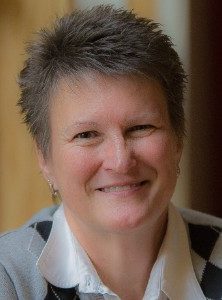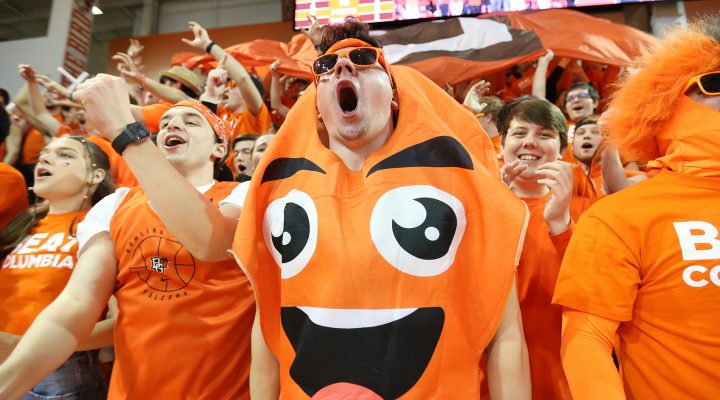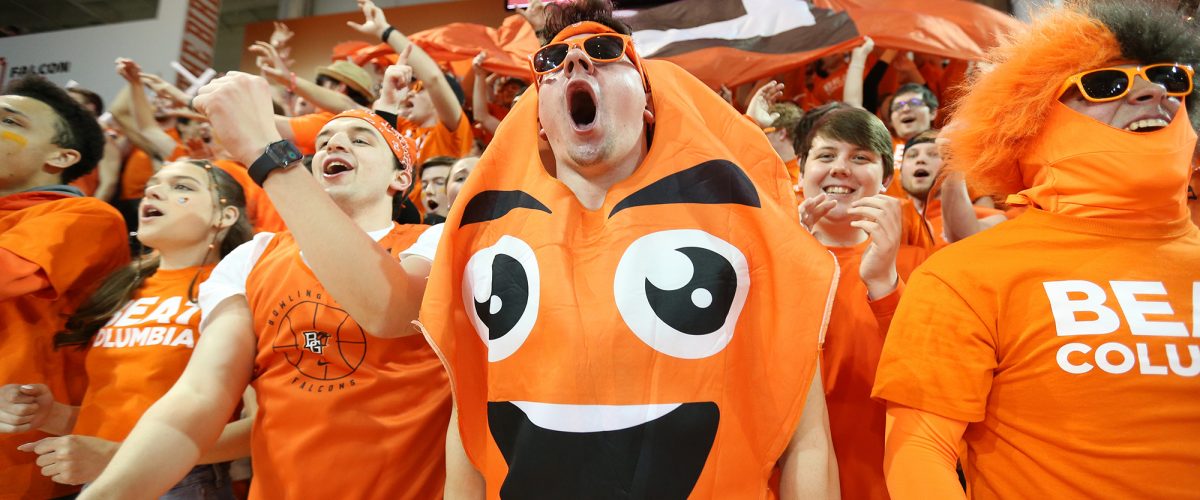In case you’ve missed it, we’re in the midst of March Madness. For only the second year, the women’s NCAA basketball tournament can use that moniker too. It had been the exclusive property of the men’s tournament for all the years before.
I’m an avid college women’s basketball fan, and, even though my beloved Oregon State Beavers didn’t make the tournament this year, I’m following the games and looking forward to the Final Four.

Susan Shaw
We celebrated the 50th anniversary of Title IX last year. Title IX is the legislation that mandated equity in education. Berniece Sandler, the woman who essentially wrote the legislation for Congress, once told me feminists weren’t really thinking about athletics when they advocated for the law. They were concerned about what was going on in the classroom and elsewhere on campus. They thought maybe women would get a few more events on field day.
Were they wrong!
Title IX revolutionized women’s sports. In 1972, fewer than 30,000 women played college sports. In 2022, that number was more than 230,000. These women are also bigger, stronger and faster than earlier generations because of earlier opportunities for girls to train and play and more equitable access to trainers, practice facilities, medical staff, qualified coaches and training tables.
“In 1972, fewer than 30,000 women played college sports. In 2022, that number was more than 230,000.”
Nowhere is Title IX’s sports revolution more evident than in NCAA women’s basketball.
This year’s first and second rounds of March Madness set attendance records. At least 20 teams had a legitimate shot at the Final Four and a national title. And, if you haven’t watched NCAA women’s basketball yet, you may be surprised at the athleticism of these players. They definitely got game!
This revolution didn’t happen overnight. But at the same time Title IX was ensuring the growth of women’s college sports, Southern Baptists were rolling back women’s status and participation.
In the 1970s, Southern Baptists actually were moving the same direction as women’s sports. Women were starting to go to seminary, even claiming a call to preach. Churches were beginning to ordain women. Even Southern Baptist literature started to embrace the burgeoning women’s movement.
Fundamentalists noticed. In 1979, the backlash began with a plan engineered by Paige Patterson and Paul Pressler to take over the SBC. (Ironically, both have run into gender-related problems. Patterson lost his job as president at Southwestern Baptist Theological Seminary over his mishandling of sexual abuse on campus. Pressler’s being sued for child abuse.) Elsewhere, I’ve argued that, while the takeover was supposedly about biblical inerrancy, it was as much, if not more, about the progress of women.
Now here we are in 2023, and Southern Baptists are collecting names of churches with female pastors After what happened to Saddleback Church in California, we can assume these churches may be on their way out of the SBC. The leadership of the convention really seems to have it in for women. They’ve totally mucked up handling their sex abuse scandal, and they’re doubling down on women’s submission.
The SBC could learn something from NCAA women’s basketball.
“Investment in women pays off.”
Investment in women pays off. Title IX required institutions to invest equitably in women’s sports. Of course, we know the NCAA still misses the mark. I imagine you saw Sedona Prince’s video at the tournament a couple of years ago showing the disparity in weight equipment.
Nonetheless, we’re seeing what happens when institutions invest in women. They can do amazing things. Southern Baptists lost a lot of talent in the 1990s and 2000s when moderates and progressives exited the convention. Now, they’ve just tossed out their largest church and are likely to kick a few more to the curb over female pastors.
We’re finally at a point in college sports where little girls have role models they can look up to and imagine becoming, and college women can aspire to the likes of A’ja Wilson, Sue Bird or Breanna Stewart in the WNBA. Now think about little girls in Southern Baptist churches who hear God’s call to preach but have no role models, no examples of what’s possible, and, in fact, a denomination telling them they heard wrong.
You’d think with shrinking numbers, Southern Baptists might be a little more concerned about kicking out churches and alienating women. In the NCAA, attendance and viewership for women’s basketball games have soared. Investment, parity, outstanding play and branding have brought new fans of all ages to the games.
“You’d think with shrinking numbers, Southern Baptists might be a little more concerned about kicking out churches and alienating women.”
One downside of Title IX has been that now more men than women coach NCAA women’s basketball. Yet, if we look at this year’s Sweet 16, we find 12 teams coached by women, and five of the Elite Eight teams have women as head coaches. One of the head coaches is even an out lesbian! Women in leadership make a difference. What has the SBC missed out on because it has excluded and exiled so many talented women?
Unfortunately, there’s no Title IX among Southern Baptists and won’t likely be in the near future. It seems the convention is much more interested in passing resolutions to try to take the denomination back to the 1950s with women and Black, indigenous, and other people of color in their place and LGBTQ people back in the closet, along with any acknowledgement of sex abuse among Southern Baptist pastors.
Women’s basketball, on the other hand, has welcomed trans athletes, advocated for LGBTQ rights and supported Black Lives Matter. Sure, there are still transphobia, homophobia and racism in women’s basketball, but players’ activism and organizational statements at least set out an aspiration for greater inclusion, equity and justice.
Like I said, my Beavs didn’t have a great year. They were young. They hadn’t played together much. But our five first-year student-athletes were the No. 3 recruiting class in the country. So, I’m optimistic for a return to March Madness soon. College athletics is always full of hope. Even as each team drops away approaching the final game, fans can say, “There’s always next season.”
I’m not sure Southern Baptists engender much hope for women — or any other minoritized group, for that matter.Beth Moore finally realized that. So, did Karen Swallow Prior, not that any of the women who’ve left over the past 40 years have actually given the SBC pause, concerned as they are with maintaining patriarchal power. And don’t be fooled by rhetoric about theological fidelity. It’s never been about that. It’s about male power.
NCAA women’s basketball still contends with patriarchal power too — not nearly enough athletic directors are women, for one. At least, however, the sport is headed in the right direction.
Maybe Southern Baptists should take note.
Susan M. Shaw is professor of women, gender and sexuality studies at Oregon State University in Corvallis, Ore. She also is an ordained Baptist minister and holds master’s and doctoral degrees from Southern Baptist Theological Seminary. Her most recent book is Intersectional Theology: An Introductory Guide, co-authored with Grace Ji-Sun Kim.
Related articles:
I’m one of the female pastors on the SBC’s hit list | Opinion by Carlisle Davidhizar


